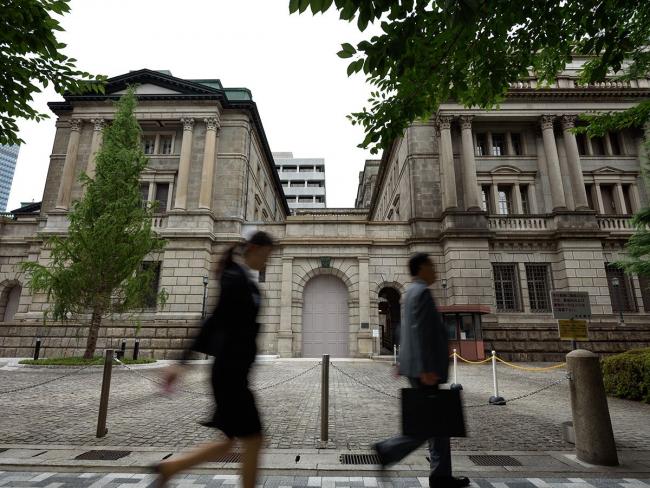(Bloomberg) -- Explore what’s moving the global economy in the new season of the Stephanomics podcast. Subscribe via Apple Podcast, Spotify or Pocket Cast.
Bank of Japan Board Member Yutaka Harada seemed to offer an endorsement of the government’s stimulus package Thursday when he indicated he wasn’t concerned by the size of the public debt just hours after Prime Minister Shinzo Abe unveiled trillions of yen in new spending.
Abe said the stimulus would be funded by an extra budget for the current fiscal year ending in March, and special measures in the following year. The extra budget will provide around 4.3 trillion yen to fund the measures, according to a draft of the plan seen by Bloomberg, and investors are closely watching to see how much of that will be financed by new bonds.
Speaking to local business leaders in Oita, Japan, Harada said it’s important to take into account government assets when measuring the risk of default on the debt. Japan’s outstanding debt is the developed world’s biggest but its finances look healthier on a net basis, which reflects government holdings including U.S. treasury bills, foreign currency reserves and its property.
“While some argue that, given the large amount of government debt, even a small increase in interest rates could cause serious problems, it is important to think about the impact in terms of net debt,” Harada said.
Japan Leans on Fiscal Stimulus to Keep Recession at Bay
After more than six years of massive stimulus, the BOJ is seen to have nearly exhausted its ammunition. Government support for the economy through the extra spending gives the bank welcome breathing space to keep its monetary easing policy on hold as fiscal policy takes the driving seat in propping up growth.
A consistently dovish dissenter on the BOJ’s policy board, Harada said Japan has no choice but to stick with the current monetary easing and patiently wait for inflation to rise. Raising rates now would only invite a return of the deflationary mindset, he said.
